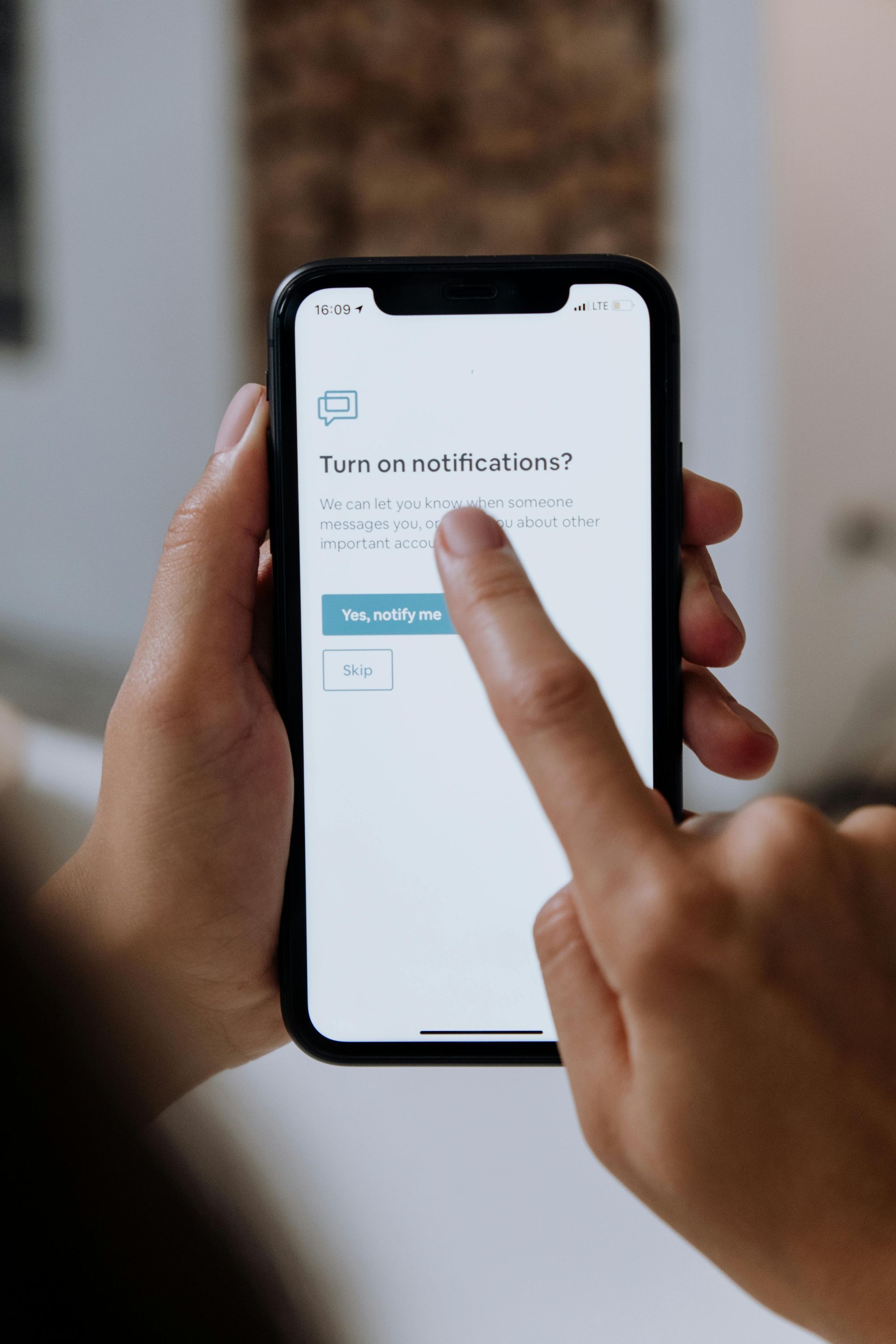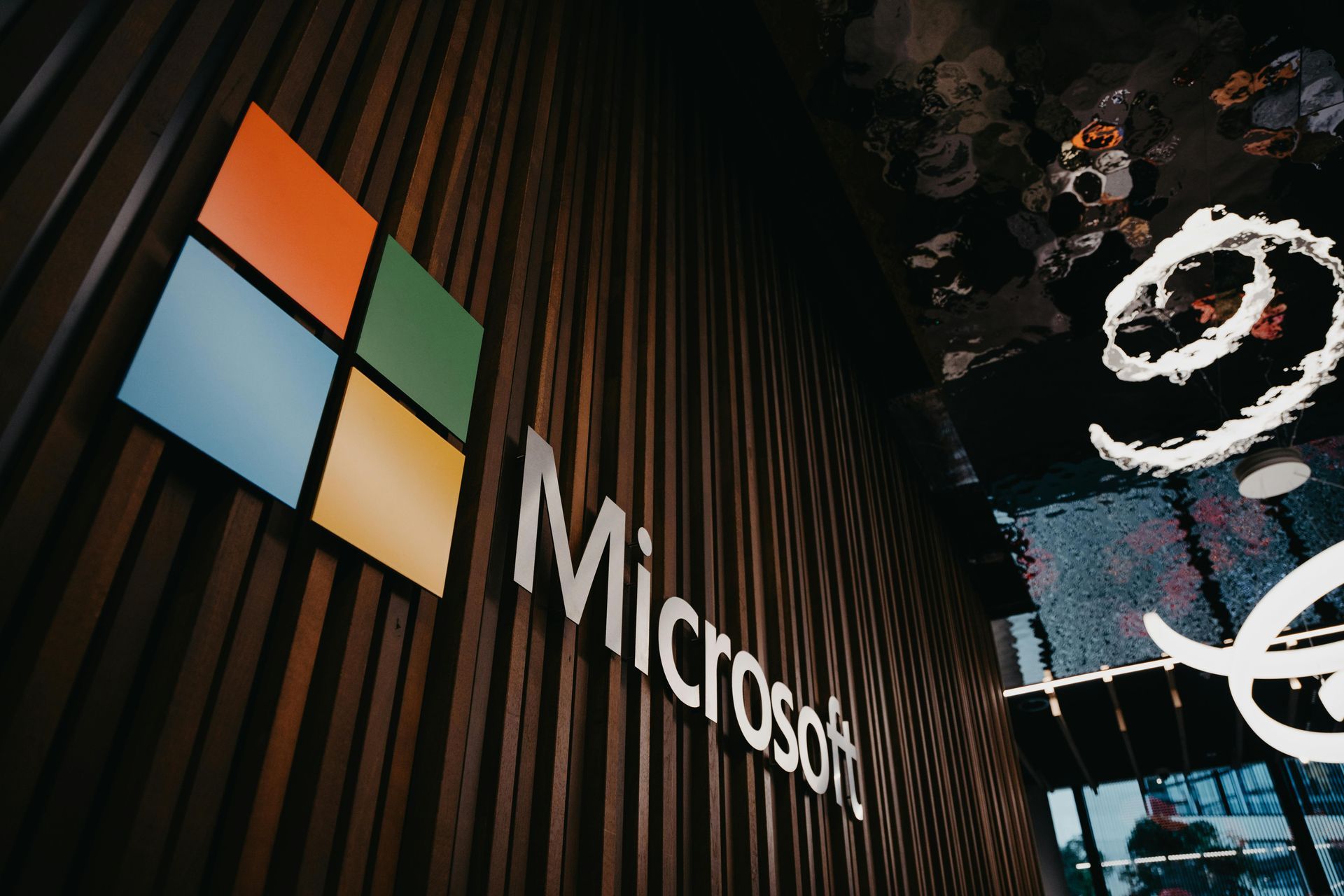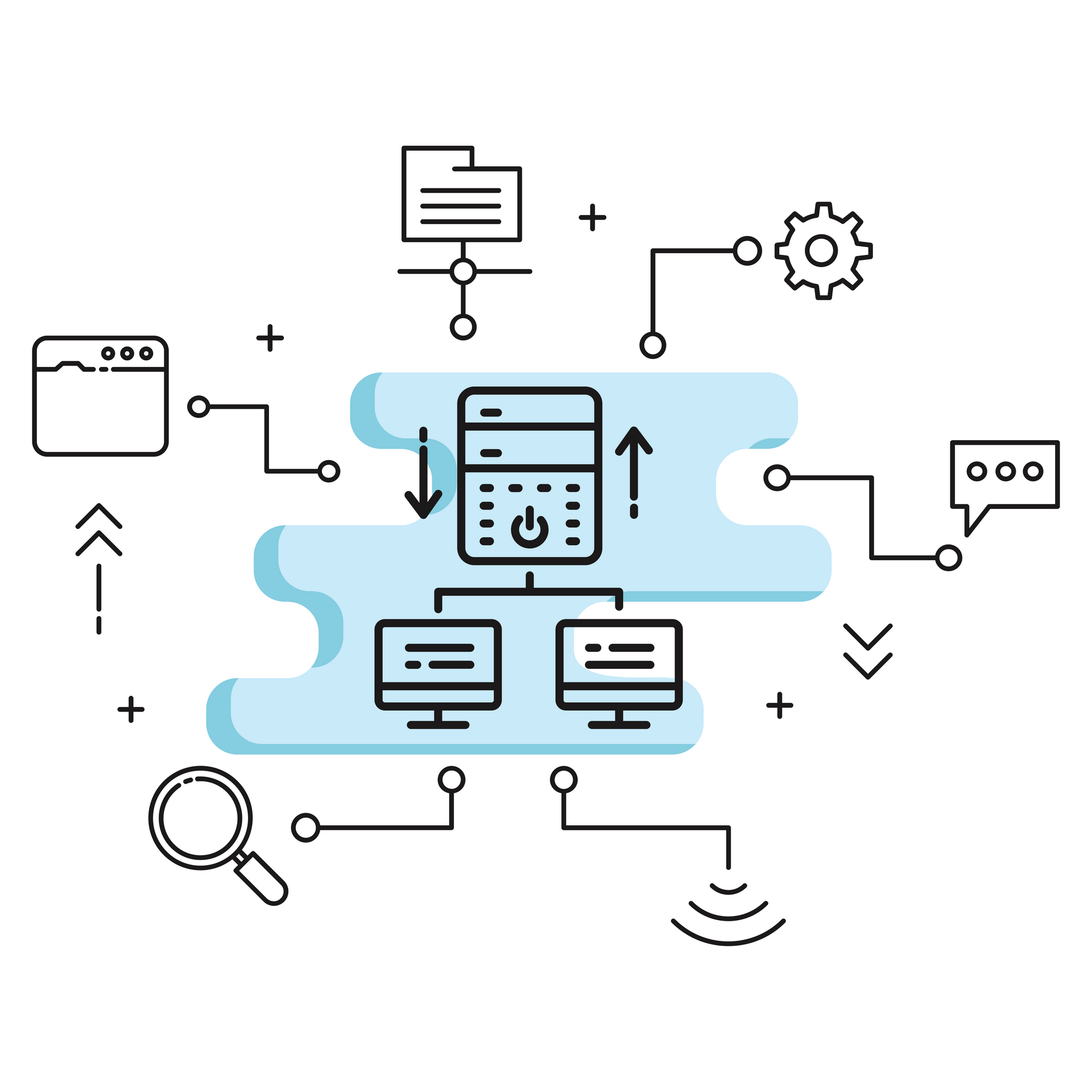Retail Under Siege: The Rising Tide of Cyber Threats
The UK retail sector has been rocked by a series of high-profile cyber attacks this week, with luxury department store Harrods becoming the latest victim. This follows similar incidents at Marks & Spencer and Co-op, raising serious concerns about cybersecurity vulnerabilities across the retail industry.

A Growing Threat Landscape
Harrods confirmed yesterday that it had "experienced attempts to gain unauthorised access" to its systems, prompting its IT security team to take immediate action, including restricting internet access across its sites. While the iconic Knightsbridge store and online operations remain functional, this incident highlights the growing sophistication of cyber threats targeting major retailers.
This attack comes just a day after Co-op shut down parts of its IT infrastructure to fend off hackers, and follows the ongoing disruption at Marks & Spencer, where customers are still unable to place online orders and some store shelves remain empty due to supply chain disruptions.
Richard Horne, chief executive of the National Cyber Security Centre (NCSC), described these incidents as a "wake-up call" for the affected companies and the wider retail sector.
Why Retailers Are Prime Targets
The retail sector's increasing vulnerability to cyber threats stems from several factors:
- Valuable Customer Data: Retailers process and store vast amounts of sensitive customer information, including personal details and payment card data.
- Complex Supply Chains: Modern retail operations rely on interconnected supply chains and third-party vendors, creating multiple potential entry points for attackers.
- Digital Transformation: The shift to e-commerce and omnichannel retail has expanded the digital footprint of retailers, increasing their attack surface.
- High-Impact Disruption: Successful attacks on retailers can cause significant operational disruption, often leading to substantial financial losses and reputational damage.
Lessons for All Businesses
The recent attacks on major retailers offer valuable lessons for organisations of all sizes:
- Assume You're a Target: Regardless of your company's size or industry, cyber attackers may see value in your data or disrupting your operations.
- Supply Chain Security: These attacks highlight the importance of vetting and monitoring third-party vendors and partners who have access to your systems.
- Proactive Monitoring: The Co-op's quick response in shutting down vulnerable systems demonstrates the value of proactive threat monitoring and swift action.
- Comprehensive Response Plan: Having a tested incident response plan is crucial for minimising damage when attacks occur.
Taking Action
In today's threat landscape, organisations need to take proactive steps to secure their digital assets:
- Assess Your Current Security Posture: Understanding your existing vulnerabilities is the first step toward improvement.
- Implement Layered Security Controls: Move beyond relying on perimeter defences to implementing multiple layers of protection.
- Regular Security Audits: Conduct comprehensive assessments to identify and address vulnerabilities before they can be exploited.
- Staff Training: Your team remains both your greatest vulnerability and your first line of defence. Regular training on security best practices is essential.
The Way Forward
The retail sector's recent experiences serve as a stark reminder that cybersecurity must be a priority for businesses across all industries. By implementing comprehensive security strategies, organisations can significantly reduce their risk of falling victim to similar attacks.
At Altiatech, we've been helping organisations secure their IT infrastructure since 2013. Our expertise in cybersecurity and digital transformation enables us to develop tailored security solutions that protect businesses while supporting their operational needs.
Don't wait for a cyber attack to expose vulnerabilities in your security infrastructure. Taking proactive steps today can save your organisation from significant disruption, financial loss, and reputational damage tomorrow.
For more information on how your organisation can strengthen its cybersecurity defences, contact our team today at
innovate@altiatech.com or call us at
+44 (0)330 332 5482.













